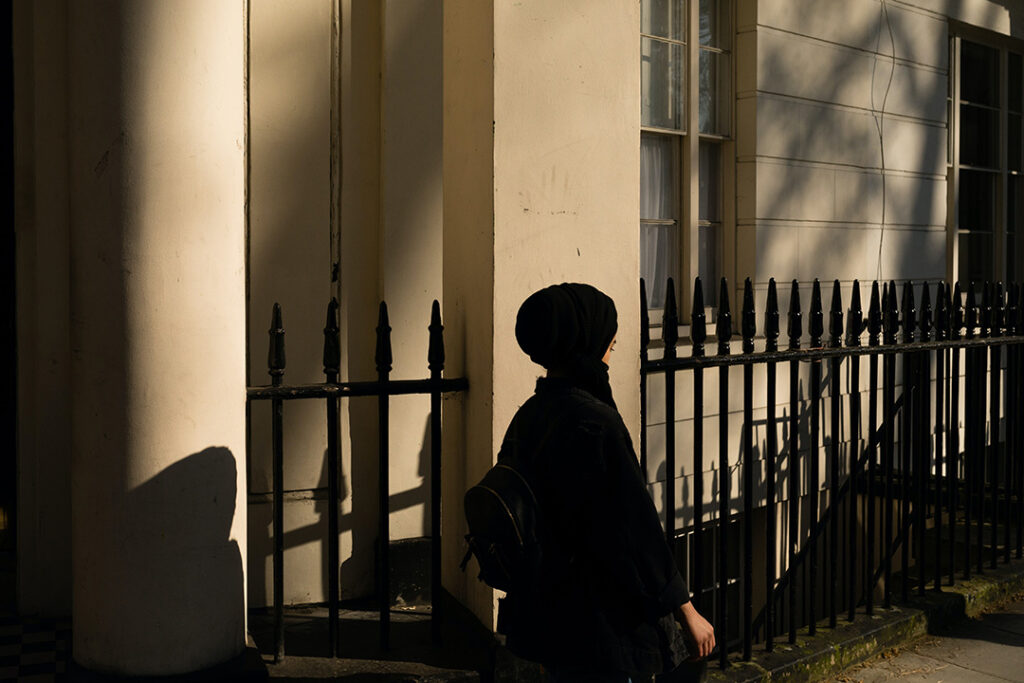Is religion behind the decline of secularism in Europe?
Is religion behind the decline of secularism in Europe?
Is Europe’s secularism waning due to religion’s resurgence? Or is it because of challenges posed by political and cultural shifts?
Europe is often compared with the United States to highlight its secular inclination, in contrast to the pronounced religious significance in the U.S.[1] Yet, the once-clear secular identity of Europe is now being questioned. This has sparked debates about whether religion is the primary cause, or whether there are other forces at play.
Religion vs secularism
Giulio Meotti, a journalist with the Israel National News (Arutz Sheva), observes a rising influence of Islam in France and Europe due to demographic changes.[2] He underscores the increase in France’s Muslim population from 8% to 11% over the last 12 years. This growth is set against the backdrop of Christianity’s decline: in France, practising Muslims now outnumber Catholics among those aged 18 to 59. However, Meotti concedes that atheism also grew from 45% to 53% during this time. This suggests a broader move away from religious affiliations, not just a shift towards Islam.[3]
Others believe that secularism is struggling in Europe because it has been unable to address the push or pull of religion. Gargi Shanbhag, a writer for Firstpost, calls this the ‘God Gap’, hinting that secularism might not fully address certain spiritual needs.[4] Leendert de Bruin, writing for Dutch Reformed Christian newspaper Reformatorisch Dagblad, echoes this, highlighting the tension between religious freedom and secular values in Western Europe.[5] Issues like abortion, euthanasia, and gender dynamics are increasingly serving as battlegrounds between religious and secular perspectives, seemingly pushing secularism to the periphery.
However, a closer look shows a situation shaped by both religious and non-religious factors.
Looking beyond religion
Sari Hanafi, professor of sociology at the American University of Beirut, believes that Europe’s traditional secularism is evolving. He suggests that the ‘new secularism’ in places like France is more divisive.[6] Rather than a genuine effort to keep faith private, it might be a move to exclude specific religious groups, notably Muslims. Saad Hasan, a journalist with TRT World, points to the exclusionary tactics of Europe’s far-right. Their deliberate desecration of the Quran, he argues, is not about secular values but stems from political and cultural biases against Muslims.[7]
A broader view
While the rise of religion and religious extremism might challenge Europe’s secularism, they are not the only factors. Political shifts, reinterpretations of secularism, and socio-economic dynamics also play a role. To understand the changing face of European secularism, it is arguably valuable to consider both religious and non-religious factors.
Sources
[1] How Secular Is Europe Compared To The United States?
[2] Secularism will not survive the demographic change in France – nor in Europe
[3] Secularism will not survive the demographic change in France – nor in Europe
[4] Rise of religious extremism in West: Should Europe finally bid farewell to secularism?
[5] Freedom of religion rubs with secular thinking in Western Europe
[6] Why the new French secularism is no longer exportable | Middle East Eye
[7] How European far-right desecrates Quran to galvanise hatred against Muslims






